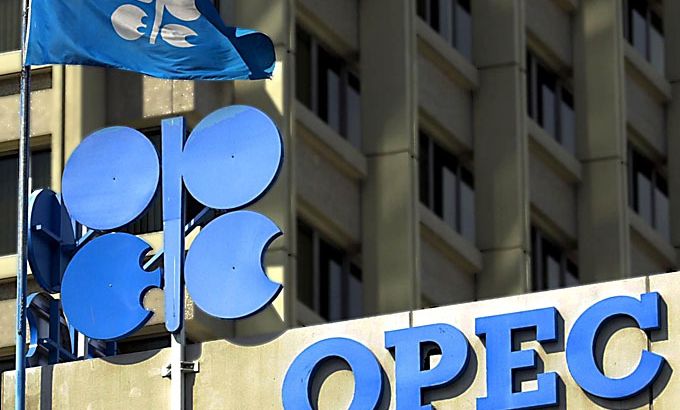
Is OPEC controlled by politics or economics?
We discuss the reasons behind the deep internal rift over oil production quotas as ministers decide on the next leader.
Ministers from members of the Organization of Petroleum Exporting Countries (OPEC) – deeply divided over how much oil to pump following a sharp decline in global prices – have begun their two-day quarterly meeting in Vienna.
|
“The Saudis are trying to help Iran’s enemies as far as oil embargo is concerned. They are persuading the westerners ‘don’t worry about the impact of higher oil prices as a result of oil embargo and sanctions on Iran’…that’s another important factor for the Saudis.” – Sadegh Zibakalam, a professor of politics at Tehran University |
While some member states favour a cut in oil production to drive up prices, others are eager to maintain the current levels.
Keep reading
list of 4 itemsUS imposes new sanctions on Iran after attack on Israel
A flash flood and a quiet sale highlight India’s Sikkim’s hydro problems
Why is Germany maintaining economic ties with China?
OPEC ministers in Vienna will decide whether to keep the output target of 30 million barrels a day.
But the split within OPEC on whether to cut production quotas looks set to continue, with Saudi Arabia pumping more to compensate for the decreasing Iranian market share due to international sanctions.
After a 22 per cent drop in crude prices from early last month, some OPEC members such as Iran and Venezuela are in favour of an output reduction to help push prices up. Saudi Arabia, the group’s biggest producer, is expected to call for production levels to remain the same.
Rostam Qasemi, the Iranian oil ministers, said: “It is not right that two or three countries compensate for a country that is targeted by sanctions…OPEC members should work against each other. Increasing production by some OPEC members, especially Saudi Arabia, will create instability in the market and will likely lead to a serious decline in oil prices which undermines OPEC’s goals.”
|
“There’s a very strong short-term reason for Saudi’s actions…it’s about the possibility of high oil prices causing an immediate slowdown in the global economy, a failure to recover from its recent recession, which will have an immediate detrimental effect on OPEC.” – Julian Lee, oil market analyst |
The 12 members of OPEC – Algeria, Angola, Ecuador, Iran, Iraq, Kuwait, Libya, Nigeria, Qatar, Saudi Arabia, the United Arab Emirates and Venezuela – account for 40 per cent of the world’s oil output.
During the meeting, representatives will also decide on the group’s next leader, with both Saudi Arabia and Iran vying for the post of OPEC secretary-general.
Inside Story asks: Who controls OPEC and just how relevant is this organisation today?
Joining presenter Ghida Fakhry to discuss the power that OPEC wields over global oil prices are guests: Sadegh Zibakalam, a professor of politics at Tehran University; and Julian Lee, a senior energy analyst at The Centre for Global Energy Studies.
OPEC OIL PRODUCTION:
- Hampered by sanctions Iran‘s oil production has fallen to its lowest level in about 10 years by more than 1/4 from 2.2 million barrels a day last year to 600,000 now. Shipments of Iranian crude oil are also expected to drop further when an EU oil embargo takes effect on July 1.
- Top oil exporter Saudi Arabia pumped 9.8 million barrels of crude oil a day in May – the highest rate in the past 20 years.
- Oil production in the US grew to more than 6 million barrels a day during the first quarter of 2012 – the highest in 14 years.
- The output of Russia, the world’s top crude oil producer, stood at 10.36 million barrels a day in March, unchanged from a post-Soviet monthly high in February.
|
WHAT IS OPEC? The Organization of Petroleum Exporting Countries (OPEC) was founded in Baghdad in September 1960 by 5 developing countries – Iran, Iraq, Kuwait, Saudi Arabia and Venezuela. |